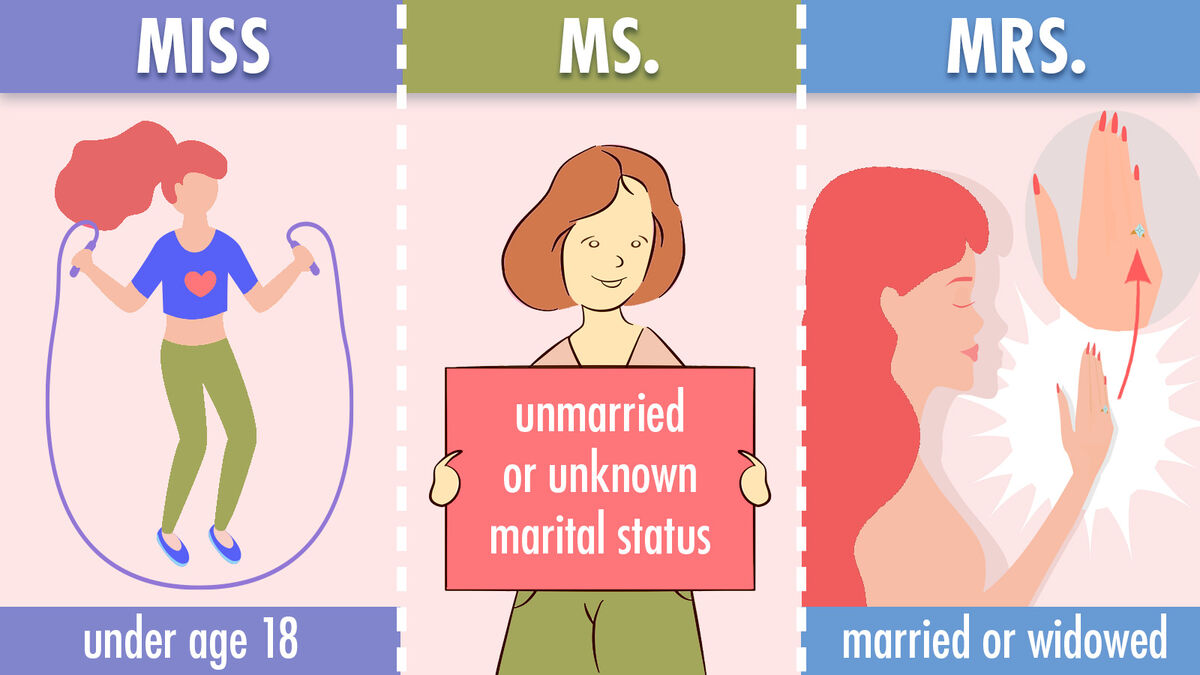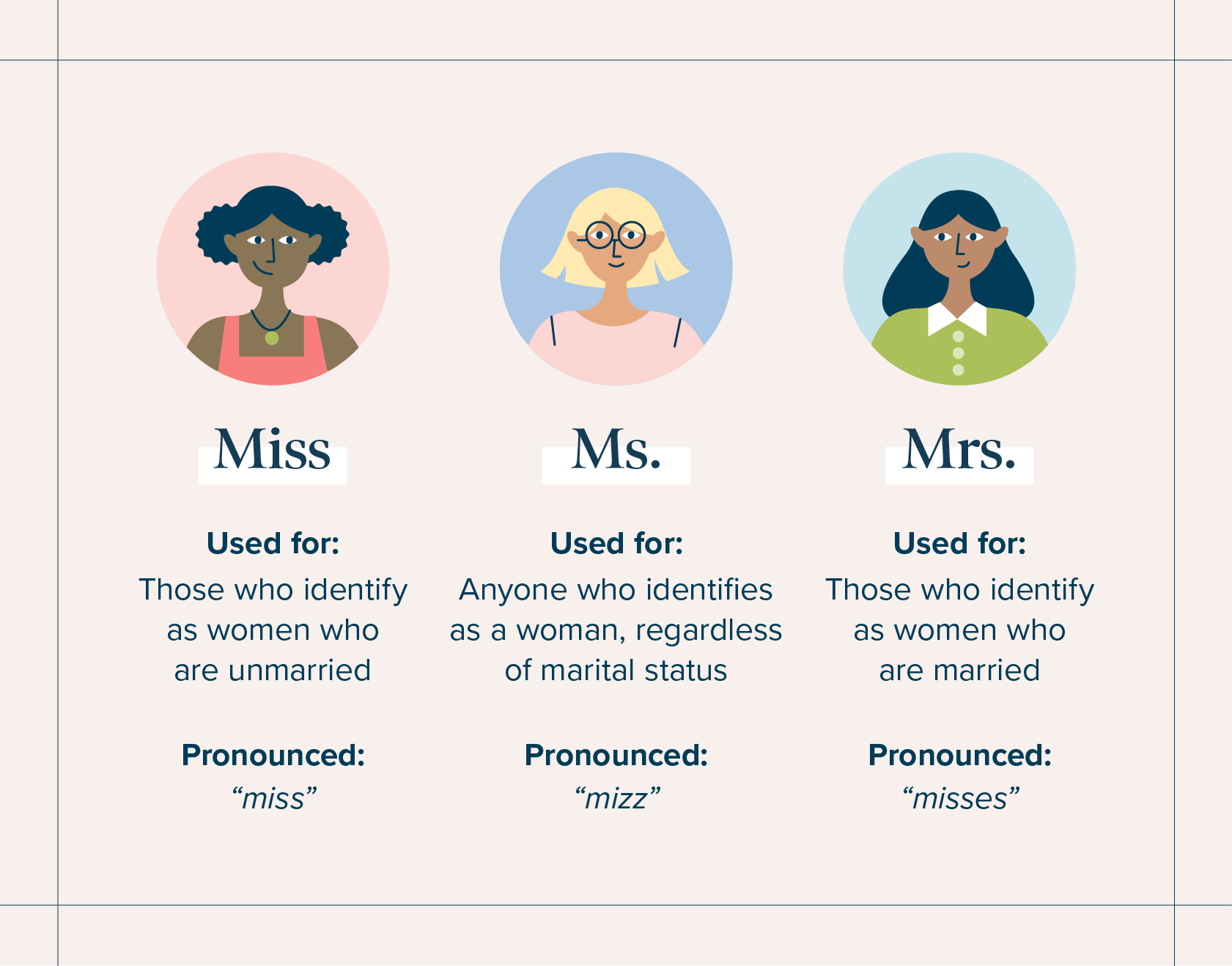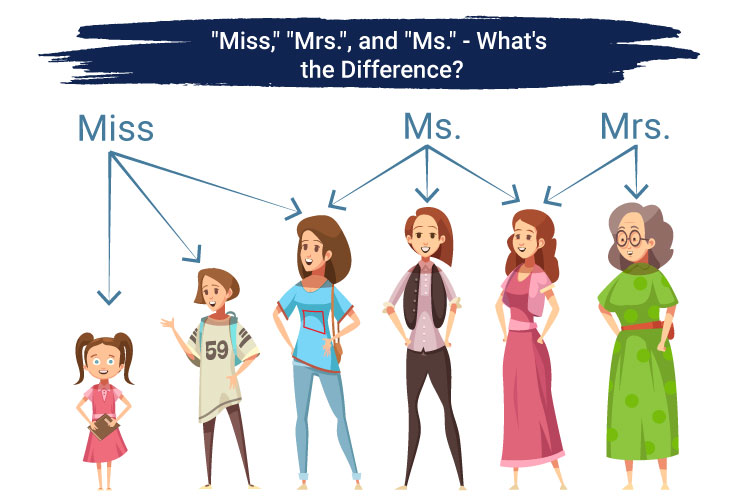Who Is Mrs. Rachel's Husband? Unpacking The Meaning Of The 'Mrs.' Title Today
Have you ever found yourself wondering, "who is Mrs. Rachel's husband?" It's a question that, quite honestly, pops up more often than you might think, especially when we hear someone referred to with the title "Mrs." This common honorific, you see, carries a specific meaning, and it often sparks curiosity about the person it describes and their marital connections. So, we're going to talk about what this title truly means and what it tells us about someone like a "Mrs. Rachel."
There's a good reason why this query about "Mrs. Rachel's husband" might cross your mind. The title "Mrs." is, in a way, a direct signal about a person's marital status. It's a traditional form of address that, for a very long time, has been linked to women who are married. And, as a matter of fact, when someone is called "Mrs. [Surname]," it usually means they've taken their husband's family name, making the question about his identity a natural next step for many folks.
This article will, in fact, help you get a better grip on the title "Mrs." We'll explore its background, how we use it today, and what it implies about a woman's marital life. You'll also learn about the subtle yet important differences between "Mrs.," "Ms.," and "Miss," which, you know, can sometimes be a bit confusing. So, let's take a look at the ins and outs of this honorific, giving you a clearer picture of what it means to be a "Mrs." and, by extension, who "Mrs. Rachel's husband" might be, at least in a general sense.
Table of Contents
- The 'Mrs.' Title Explained
- Profile of the 'Mrs.' Title
- Historical Roots of 'Mrs.'
- Modern Usage and Etiquette
- Why Ask "Who is Mrs. Rachel's Husband?"
- Distinguishing 'Mrs.' from 'Ms.' and 'Miss'
- Frequently Asked Questions
The 'Mrs.' Title Explained
The title "Mrs." is, essentially, a way to show respect when you're talking to or about a married woman. It's an honorific that has been around for a very long time, and it tells us something quite specific about a person's life situation. In American English, and certainly in British English, "Mrs." is the shortened form of "missus," which, in turn, directly means a married woman. So, you see, its meaning is pretty clear from the start.
When we use "Mrs." before a woman's name, like "Mrs. Rachel," we are, in a way, acknowledging her status as a married individual. This is quite different from "Mr.," which is used for men regardless of whether they are married or not. The distinction is, actually, rather important in formal communication. It's a courtesy title, a bit like a polite label, that we put before a married woman's name, unless, of course, there's a different kind of professional or rank title that takes precedence.
For instance, if someone is an amazing electrical engineer named Jones, and she is married, you could refer to her as "Mrs. Jones." This shows respect and also, typically, tells you she's married. The full forms of these titles, like "mister" for "Mr." and "missus" for "Mrs.," really do highlight their original meanings. It's all about providing a clear, respectful way to address people, especially in more formal settings, which is, you know, still quite useful today.
Profile of the 'Mrs.' Title
To give you a better idea of what the "Mrs." title represents, especially when we're talking about someone like a "Mrs. Rachel," here's a quick look at its general characteristics. This isn't about a specific person, but rather the title itself and what it usually implies. It's, in some respects, a very traditional way to address a woman, and it carries certain expectations about her life.
| Characteristic | Description |
|---|---|
| Meaning | Indicates a married woman; derived from "missus." |
| Usage | Typically used before a woman's surname (e.g., Mrs. Smith) or full name (less common). |
| Marital Status | Explicitly signifies that the woman is married. This is a key point, actually. |
| Common Practice | Historically, married women would often adopt their husband's surname when using this title. So, if you hear "Mrs. Rachel," her husband's last name would very likely be Rachel, or at least it would be the name she uses. |
| Respect | It's a conventional title of courtesy, showing respect in formal and sometimes informal interactions. |
| Pronunciation | Pronounced /ˈmɪsɪz/, as in "miss-iz." |
| Modern Trend | Its use is, in a way, becoming less common in some professional settings, with "Ms." often preferred for its neutrality regarding marital status. Yet, it's still very much an option. |
Historical Roots of 'Mrs.'
The history of the "Mrs." title is, quite honestly, rather interesting and tells us a lot about how society used to view women and marriage. Originally, the word "mistress" was the full form, and it simply meant a woman in charge of a household, or a woman who was skilled in something. Over time, "mistress" began to take on different meanings, and the shortened form, "Mrs.," became the common way to address a married woman, usually implying her role within a family unit.
Historically, "Miss" was the formal way to address an unmarried woman, while "Mrs." was clearly for those who had tied the knot. This distinction was, you know, very important in social circles. It was a clear indicator of a woman's status, and it often came with certain societal expectations. The etymology of "Mrs." truly does show its deep connection to the idea of a woman being "missus" or the lady of the house, which, you know, was a big deal back then.
For centuries, it was, in a way, almost expected that a woman would adopt her husband's surname upon marriage, and then be addressed as "Mrs." followed by his surname. This practice, you see, was very widespread across English-speaking countries, and it solidified the link between the title and a woman's marital bond. It's a tradition that, in some respects, still holds sway for many people today, even as other options have become available.
Modern Usage and Etiquette
In today's world, using "Mr.," "Mrs.," "Ms.," and "Miss" still matters a lot for polite communication, especially in business emails or when you're meeting someone formally. While "Mrs." still points to a married woman, its usage has, actually, seen some shifts. It's not always the go-to choice anymore, particularly in professional environments where some people prefer a title that doesn't reveal marital status, like "Ms."
Despite these changes, "Mrs." remains a completely valid and, you know, often preferred title for many married women. It's a personal choice, really. Some women absolutely love using "Mrs." because it acknowledges their marital bond, and they feel it's a respectful way to be addressed. Others might prefer "Ms." for various reasons, perhaps to maintain a more neutral professional image, or because they haven't changed their surname after marriage, which is, honestly, becoming more and more common.
When you're thinking about using "Mrs." for someone, it's generally a good idea to know their preference if you can. If you're unsure, "Ms." is often a safe bet because it works for both married and unmarried women. But, if you know for sure that a woman is married and she uses her husband's surname, then "Mrs." followed by that surname is, in fact, the correct and polite way to address her. It's all about showing respect and making people feel comfortable, which is, like, pretty important.
Why Ask "Who is Mrs. Rachel's Husband?"
The question "who is Mrs. Rachel's husband?" naturally comes up because the title "Mrs." itself implies a marital connection. When someone is referred to as "Mrs. Rachel," it means she is married, and traditionally, her surname "Rachel" would be her husband's surname. So, people might be curious about the man behind that name, you know, the husband whose identity is, in a way, linked to hers through this title.
This query could come from a few different places. Perhaps "Mrs. Rachel" is a character in a book or a show, and people are trying to figure out her backstory or relationships. Or, it could be a local figure, someone well-known in a community, and people are simply curious about her family life. In some cases, it's just a general interest in how the "Mrs." title works, and "Mrs. Rachel" serves as a hypothetical example to explore that very concept.
The fact that "Mrs." is still a common title, particularly in formal settings, means that the question of the husband's identity remains relevant for many. It's a way of, in some respects, understanding the complete picture of a married woman's formal identity. So, whether it's out of genuine curiosity about a specific "Mrs. Rachel" or simply a desire to understand the nuances of honorifics, the question is, actually, a pretty valid one that reflects how we perceive and address married women in our society.
Distinguishing 'Mrs.' from 'Ms.' and 'Miss'
It's honestly pretty helpful to know the differences between "Mrs.," "Ms.," and "Miss" because they each convey something distinct about a woman's marital status, or lack thereof. These titles are, in fact, all used to address women formally, perhaps at the start of an email or on an invitation. Knowing which one to use depends, quite simply, on the woman's marital situation and, sometimes, her personal preference.
"Miss" is the traditional title for a woman who is unmarried. Historically, it was used for younger, unmarried women, or simply any woman who had not yet married. It's, like, a very straightforward way to indicate a single status. You might see it used for schoolgirls or young ladies who are not married, which is, you know, still quite common in some contexts.
"Mrs.," as we've talked about, is the traditional title specifically for a married woman. It signals that she has a husband. For example, if Barack Obama's wife were to be referred to formally using her husband's surname, she would be "Mrs. Obama," because she is married. This connection to a husband's surname is, in a way, a defining characteristic of the "Mrs." title.
Then there's "Ms.," which is, arguably, the most versatile of the three. It's a title that indicates neither marital status nor gender, which is, you know, why it became so popular. It can be used by and for any woman, whether she is married, unmarried, divorced, or widowed. If you're unsure of a woman's marital status, or if she simply prefers not to have it indicated by her title, "Ms." is, in fact, the most polite and neutral choice. It's a bit like the "Mr." for men, which also doesn't give away marital status. So, these distinctions are, actually, quite important for showing proper respect in communication.
Learn more about honorifics and titles on our site, and you can also check out this page for more insights into formal address.
Frequently Asked Questions
Is Mrs. always a married woman?
Yes, the title "Mrs." is, in fact, traditionally and specifically used for a married woman. Its full form, "missus," directly means a married woman. So, when you see "Mrs." before a name, it's, like, a clear indication of marital status. It's one of the defining characteristics of this particular honorific, which is, you know, why it's been used for so long.
Can a woman use Mrs. if her husband has passed away?
Yes, a woman can, actually, continue to use the title "Mrs." even if her husband has passed away. This is, in a way, a matter of personal preference and tradition. Many widows choose to retain the "Mrs." title as a way to honor their late husband and their marital history. It's, like, a very personal decision, and it's generally considered perfectly acceptable to do so.
What's the difference between Mrs., Ms., and Miss?
The main difference between "Mrs.," "Ms.," and "Miss" comes down to marital status and personal choice. "Miss" is for an unmarried woman. "Mrs." is for a married woman, and traditionally, it often goes with her husband's surname. "Ms." is a neutral title that doesn't indicate marital status, so it can be used for any woman, whether she's married or not. It's, you know, a bit like the male title "Mr.," which also doesn't specify marital status. So, choosing the right one is, honestly, about respect and understanding preferences.
Understanding these titles is, in some respects, pretty important for formal communication. The question "who is Mrs. Rachel's husband?" truly does highlight how the "Mrs." title points directly to a woman's marital connection. It's a traditional marker that, you know, still holds meaning for many people today. While modern usage offers more flexibility with "Ms.," the core implication of "Mrs." remains tied to being married. So, if you meet a "Mrs. Rachel," you'll know she's married, and that her husband's surname is, very likely, Rachel.

What's the Difference Between Miss, Ms., and Mrs.? | YourDictionary

The Difference Between Ms, Mrs and Miss - Zola Expert Wedding Advice

What Is The Difference Between Ms And Mz at Truman Wardell blog